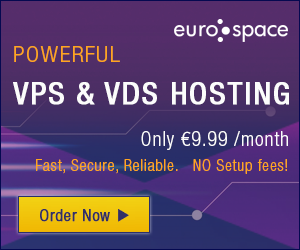
The advent of the cloud has spurred a vast array of abbreviations and acronyms, and the list keeps growing steadily on a daily basis. One of the more recent acronyms we have come across is "Bring Your Own Cloud", or BYOC.
It is human nature that people tend to take the path of least resistance, and if that means taking a shortcut on security, so be it. During her time as the US Secretary of State, Hillary Clinton was disposed to using her private server for what could have been sensitive emails. If the highest levels of government officialdom take such shortcuts, what can we expect of the average employee?
A lot of companies have begun to accept the fact that many of their staff use their own devices for work purposes, and this of course means storing emails and potentially sensitive company data on mobile phones, phablets, tablets, laptops, etc. Obviously, this has generated concerns over data safety and the rise of "Bring Your Own Device" policies, or BYOD for short.
What is BYOD?
BYOD rules oversee how a company's IT department offers support for staff-owned devices. A set of protocols underpin data storage and determines exactly which data can be saved on an employee's device, and which cannot.
So what is BYOC?
However, these days fewer and fewer people store data on physical devices. The bulk of data is stored in one of the vast array of cloud storage accounts available either free of charge or available at minimal cost. These include Dropbox, Google Drive, Outlook OneDrive, Apple ICloud and Amazon Cloud Drive. Rather than use a company's safe and secure private cloud, etc., employees are tempted to simply save important data in their own cloud storage accounts - hence the rise of BYOC.
How does BYOC work?
The BYOC concept enables a company's employees to use public or private third-party cloud services to do company work. Like with BYOD, to ensure security companies establish a set of protocols to determine which data can go into a public cloud, and which cannot. Again, a company's software can be used to govern which data that can be stored in a public cloud. BYOC solutions manage a company software integration with 3rd-party cloud solutions and ensure data is stored appropriately and safely.
What are the advantages of BYOC?
Of course, the advantages of BYOC are enormous for smaller companies. Obviously, there is cost. BYOC reduces a company's costs because staff use personal accounts and, given the average free cloud storage account offers around 15 GB of storage, this gives a company virtually unlimited could storage capability. Most importantly though is efficiency. The ability for a workforce to work in any location and from any device has natural advantages for SMEs. With a good set of protocols and IT that supports those protocols, there is no reason why BYOC cannot be a secure as any in-house solution.
What are your thoughts on BYOC and BYOD? A boon to industry or a disaster waiting to happen? Add your comments below.



